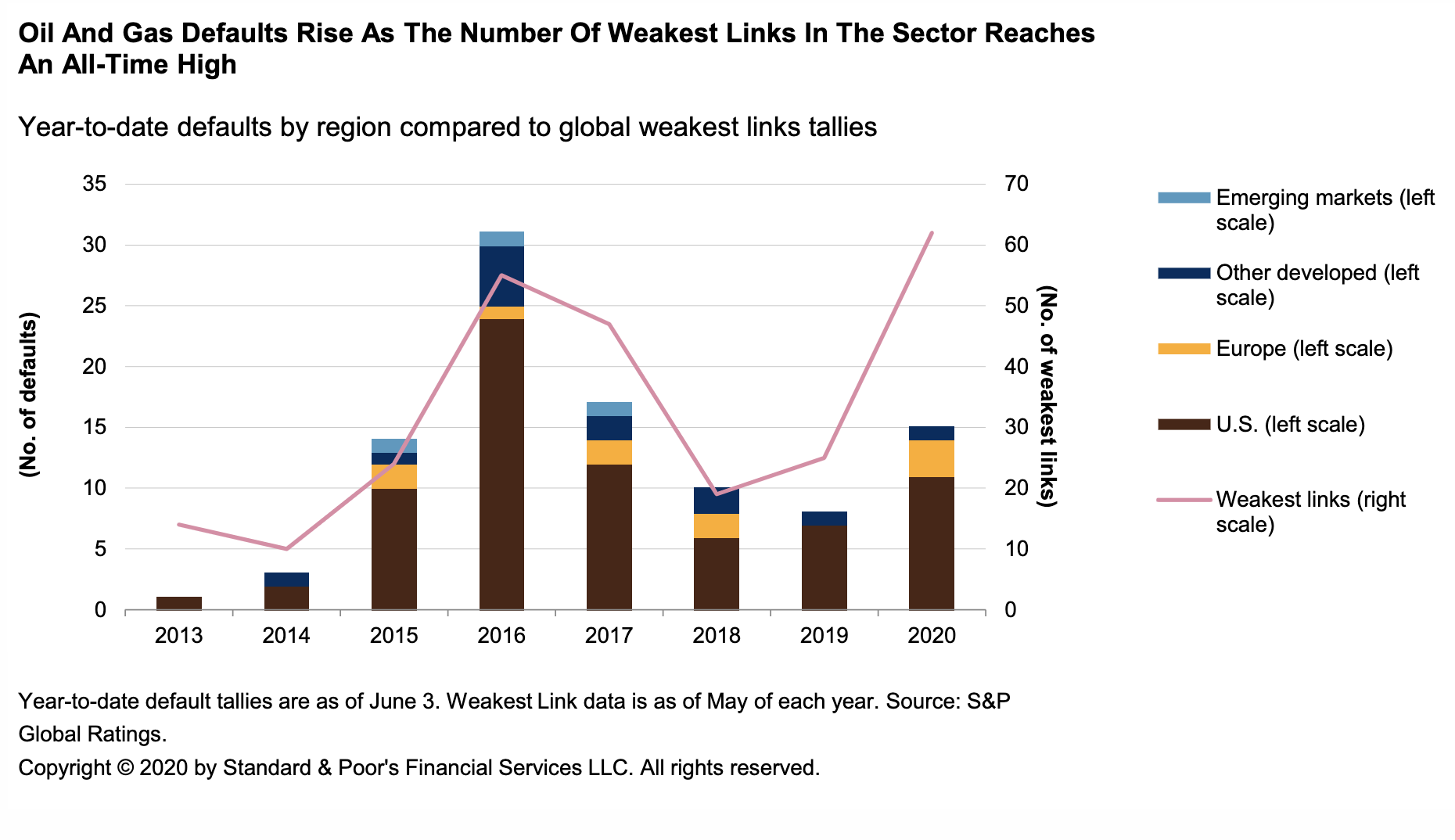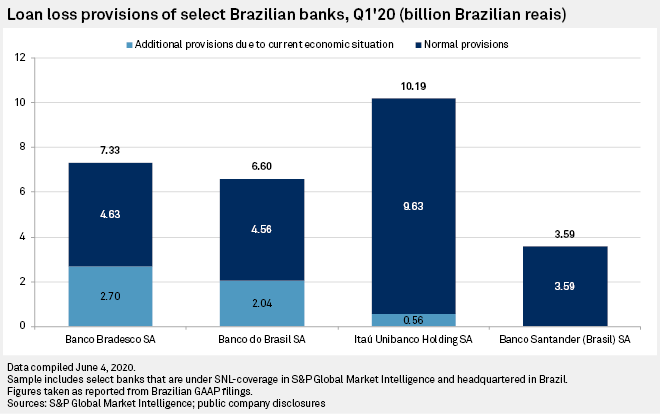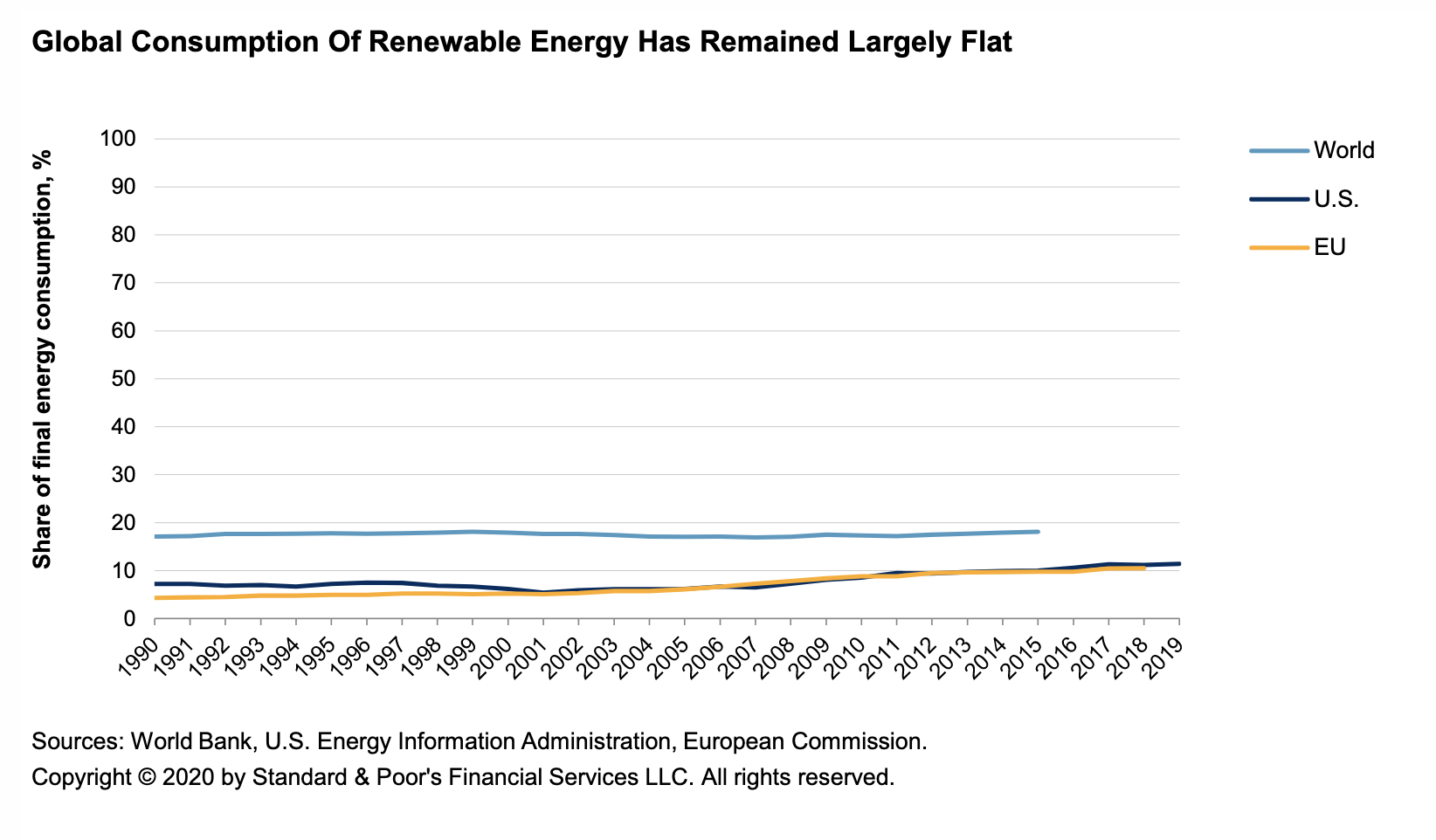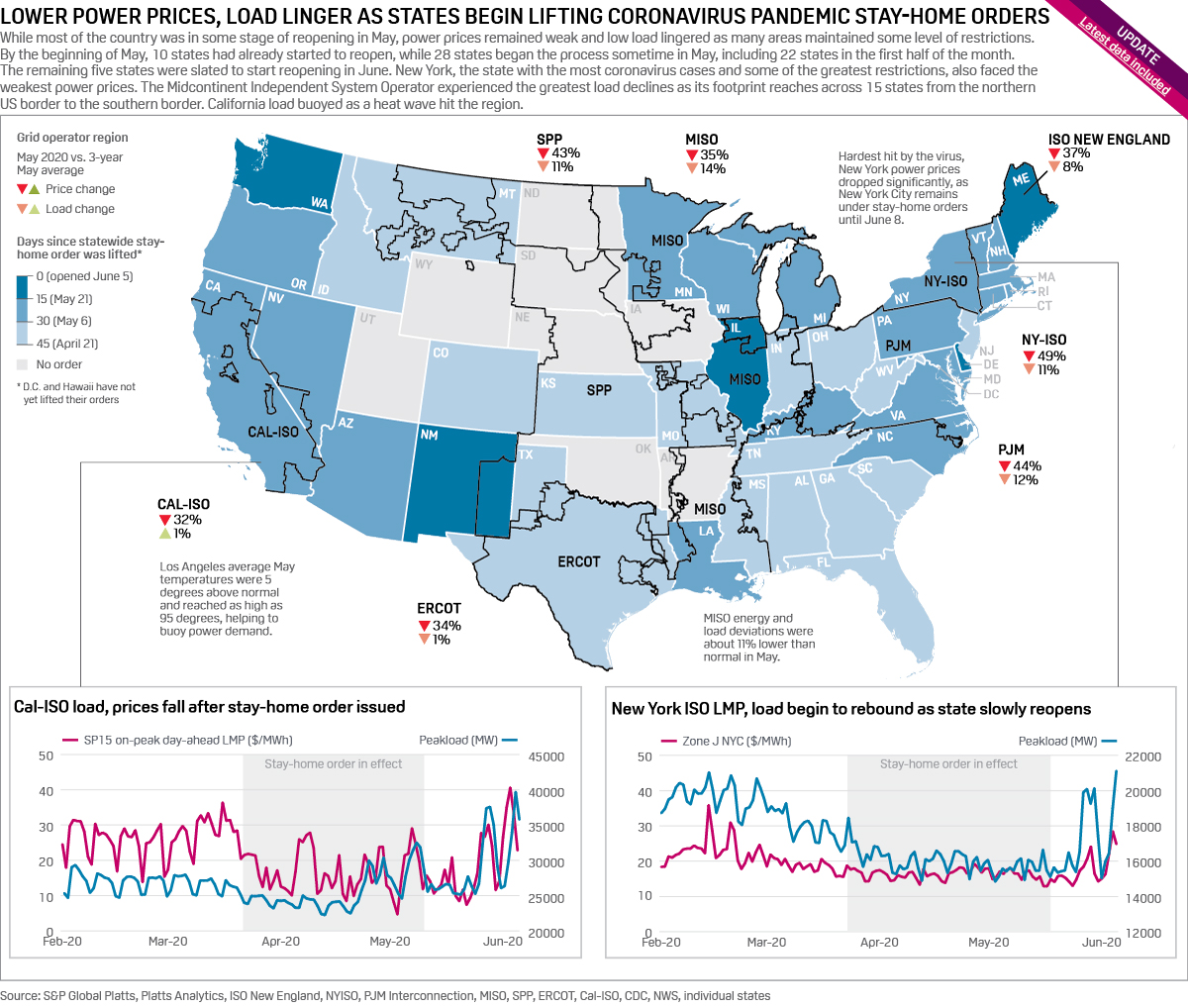Featured Topics
Featured Products
Events
S&P Global Offerings
Featured Topics
Featured Products
Events
S&P Global Offerings
Featured Topics
Featured Products
Events
S&P Global Offerings
Featured Topics
Featured Products
Events
Language
Featured Products
Ratings & Benchmarks
By Topic
Market Insights
About S&P Global
Corporate Responsibility
Culture & Engagement
Featured Products
Ratings & Benchmarks
By Topic
Market Insights
About S&P Global
Corporate Responsibility
Culture & Engagement
S&P Global — 8 Jun, 2020
By S&P Global
The U.S. movement for criminal, economic, and social reform has gone global. Two weeks after George Floyd was killed in police custody, protests against systemic racism continued over the weekend, with tens of thousands of demonstrators protesting in large cities and smaller towns across America—as well as in England, France, Germany, Mexico, Brazil, Australia, and other countries around the globe.
Of the world leaders, multinational corporations, and everyday civilians that have expressed support for or participated in activists’ efforts, major European banks have joined their U.S. counterparts in denouncing racism, according to S&P Global Market Intelligence.
“George Floyd’s senseless killing… sadly adds to a long list of failures of decency. The failure of humanity towards Ahmaud Arbery, Breonna Taylor, and too many others. These tragedies, the latest to result from systemic racism, weigh upon all of us, as they should,” Jes Staley, CEO of U.K.-based Barclays PLC, said in a June 3 statement shared to Twitter. “The events unfolding in America and elsewhere are rightly prompting organizations like ours to appraise what we have been doing to aid the fight against racism, and to ask ourselves: ‘Is it enough?’ The answer is no, despite our best intent.”
“I have reflected further on the tragic instances of overt racism we have seen recently in cities across America, and what we as an organization should be doing in response. I share in the anger at these acts and it is clear that there is much work for us to do as a society to combat institutional racism in America,” Christiana Riley, CEO of Germany-based Deutsche Bank AG's Americas division, said in an email to employees. “Discrimination of any sort, including racism, has no place in our country, nor in the community that is our bank.”
Executives from the most powerful banks in the U.S. have made strong statements of solidarity.
“We are watching, listening, and want every single one of you to know we are committed to fighting against racism and discrimination wherever and however it exists,” J.P. Morgan Chase CEO Jamie Dimon and the company’s global head of diversity and inclusion, Brian Lamb, said in a memo to employees describing the “terrible events in Minneapolis, together with too many others occurring around our country, [as] tragic and heartbreaking."
“We must stand up and support organizations dedicated to the fight for a more just and equitable society,” Goldman Sachs Chairman and CEO David M. Solomon, said in a statement announcing the creation of a $10 million fund to support organizations that address racial injustice, structural inequalities, and economic disparities. “To honor the legacies of George Floyd, Breonna Taylor, and Ahmaud Arbery, we must all commit to help address the damage of generations of racism.”
“Across the U.S. in recent weeks, there have been a number of deeply disturbing events that have shaken us. Videos of unspeakable behavior have brought home in shocking fashion the inequality and fear some in our communities deal with on a daily basis,” Wells Fargo CEO Charles Scharf wrote in an email to the bank’s employees. “This is a painful time for our nation. As a white man, as much as I can try to understand what others are feeling, I know that I cannot really appreciate and understand what people of color experience and the impacts of discriminatory behavior others must live with. But, as the CEO of Wells Fargo, I can commit that our company will do all we can to support our diverse communities and foster a company culture that deeply values and respects diversity and inclusion.”
“I can't breathe. I can't breathe. I can't breathe. I can't breathe. I can't breathe. I can't breathe. I can't breathe. I can't breathe. I can't breathe. I can't breathe. Those words were George Floyd's last,” Mark Mason, Citigroup’s CFO, said in a blog post on the company’s website. “These systemic problems will not go away until we confront them head on. So we must continue to speak up and speak out whenever we witness hatred, racism or injustice. I know I will – and I hope you will too.”
Today is Monday, June 8, 2020, and here is today’s essential intelligence.
Default, Transition, and Recovery: Oil And Gas Leads The 2020 Corporate Default Tally With 15

The 2020 global corporate default tally has reached 91 after three companies defaulted last week, including Mexican retailer Grupo Famsa S.A.B. de C.V. and two U.K.-based offshore drilling contractors Noble Corp. PLC and Valaris plc. The oil and gas sector now leads the 2020 corporate default tally with 15 defaults but remains below both its 2016 and 2017 year-to-date tallies with 31 and 17, respectively. Nonetheless, the number of oil and gas weakest links (defined as issuers rated 'B-' or lower by S&P Global Ratings with negative outlooks or ratings on CreditWatch with negative implications) has risen to an all-time high of 62. S&P Global Ratings can therefore expect the number of oil and gas defaults to also rise as default rates among weakest links are typically about eight times higher on average globally than default rates of total speculative-grade issuers.
—Read the full report from S&P Global Ratings
Market soars as recovery hopes gain steam; insurance stocks ride wave
Rising U.S. equity markets were buoyed this week by continued optimism of an economic recovery, and brought along insurance stocks as well. The S&P 500 climbed 4.91% to 3,193.93 for the week ending June 5, while the SNL US Insurance Index soared 6.90% to 1,084.52. Nonfarm payroll numbers shocked the market prior to the Friday opening bell, as the Bureau of Labor Statistics said the U.S. added 2.5 million jobs in May. The unemployment rate also unexpectedly fell to 13.3% from 14.7% in April, which was the highest rate since records began in 1948. Consensus estimates predicted an unemployment rate of 19.8% in May, which would have been a fresh post-World War II high, and for the economy to have lost another 7 million jobs.
—Read the full article from S&P Global Market Intelligence
Healthcare adds 312,400 US jobs in May after over 1.4 million were lost in April
The U.S. healthcare sector added 312,400 jobs in May, bouncing back from the over 1.4 million job losses the sector suffered in April due to the effects of the coronavirus pandemic. Dentists' practices saw the greatest rebound in the month, with 244,800 jobs added, according to a June 5 report from the U.S. Bureau of Labor Statistics. Offices of other health practitioners and physicians followed, posting gains of 73,100 and 51,300, respectively. While the substantial losses seen in April were expected to somewhat level off in May and June, the May BLS report was "absolutely unexpected in healthcare and in the broader economy," Dante DeAntonio, an economist at Moody's Analytics, said in an interview.
—Read the full article from S&P Global Market Intelligence
Zoom's massive growth amid COVID-19 set to continue after pandemic, analysts say
Multiple analysts upgraded their ratings on Zoom Video Communications Inc.'s stock after the company delivered blockbuster earnings driven by customers flocking to its video conferencing app amid the coronavirus pandemic. Zoom added more than 183,000 enterprise customers with more than 10 employees in the March quarter, up 353.7% year over year. The company ended the quarter with a total of 265,400 enterprise customers with more than 10 employees. Customers who spent more than $100,000 grew to a total of 769 in the quarter, up 89.9% from 405 a year ago.
—Read the full article from S&P Global Market Intelligence
Brazilian banks provisions modeling: 'more art than science'

The top Brazilian lenders have nearly doubled provisions in the first quarter to deal with likely defaults in the months ahead, as an unprecedented level of uncertainty stemming from the coronavirus pandemic has confounded banks as to how hard their portfolios will be hit. Only one thing is certain: credit losses will be big. But beyond this consensus, banks' specific strategies around COVID-19 have varied considerably.
—Read the full article from S&P Global Market Intelligence
European banks braced for sharp drops in income as pandemic bites
Most large European banks are set to see a decline in net income for full year 2020, with some expected to record a fall of nearly 90% year over year and others likely to swing to a loss, according to research from S&P Global Market Intelligence. Analyst estimates show that only Finland-based Nordea Bank Abp will see an improvement, with a near 37% year-over-year rise in net income, while U.K. banks including Barclays PLC are set to be among the worst performers. The sample includes banks with assets greater than €500 billion for which at least three analyst estimates were available.
—Read the full article from S&P Global Market Intelligence
Too Late For Net-Zero Emissions By 2050? The Potential Of Forests And Soils

Net-zero commitments by companies and countries remain critical to mitigating climate change, even though GHG emissions are falling this year, not least because they are expected to rebound. Capturing CO2 in forests and agricultural soils has the maximum potential to offset 32%-47% of annual CO2 emissions. Biosequestration has the potential to offset approximately 26%-37% of annual global GHG emissions. The offset values could be worth $125 billion-$150 billion for a total market of $175 billion-$250 billion a year, roughly the size of the green bond market. Supply for soil-related carbon offset markets could likely come from projects in Sub-Saharan Africa, where the region has larger area of agricultural land to store carbon and low national emissions. Historically, the supply has mostly come from the U.S. Demand for offsets will come from the larger emitting countries. However, markets for forest- and soil-based offsets face obstacles such as stagnation in the climate change negotiations, uncertainty about measuring offsets, and wildfires.
—Read the full report from S&P Global Ratings
Pandemic permitting order offers limited relief for fossil fuels, observers say
The fossil fuel sector should not expect broad investment certainty or sweeping regulatory relief in light of an executive order expediting infrastructure permitting during the coronavirus pandemic, but the order could help some specific projects mired in legal and permitting battles, market observers said. The overall problems facing oil, gas and coal companies during the pandemic are related to declining demand, not supply, which observers said will limit the executive order's ability to help the sector. The order is also predicated on the national emergency declaration Trump issued in response to the coronavirus, a temporary designation that could be lifted in the coming months depending on the nation's pandemic response.
—Read the full article from S&P Global Market Intelligence
Listen: Aviation’s future: Fuelled by hydrogen?
Despite challenges in the commercial aviation sector, hydrogen remains a potentially disruptive energy carrier and transportation fuel, particularly in decarbonisation scenarios. Aviation is responsible for between 2%-3% of global emissions, and most of the abatement has come from blending biofuels into the existing blend. Could hydrogen play a bigger role in aviation? How does the current economic crisis, which has decimated the aviation industry, factor into current research and trends? Jeffrey McDonald speaks with Dr. Anita Sengupta from Airspace Experience Technologies and Roel van Benthem from Royal Netherlands Aerospace Centre to discuss these questions and more.
—Subscribe and listen to this episode of Commodities Focus, a podcast from S&P Global Platts
ANALYSIS: Power demand ticking up in US markets as coronavirus pandemic restrictions ease

US power loads are expected to slowly recover over the summer and into the shoulder season as states gradually reopen businesses and put more demand on the system, but that trend certainly could change if there is a second wave of the virus later this year. The slow recovery is expected to bring power markets back to pre-coronavirus levels by late 2020 or early 2021, said Manan Ahuja, S&P Global Platts Analytics North American manager. However, expectations change weekly as more data is collected and analyzed.
—Read the full article from S&P Global Platts
Oil settles sharply higher on improved demand outlooks following US jobs report
Crude oil futures settled at three-month highs June 5 amid improved demand outlooks following better-than-expected US economic data and declining drilling rig counts. NYMEX July WTI settled $2.14 higher at $39.55/b and ICE August Brent was up $2.31 on the day at $42.30/b. Front-month WTI and Brent was last higher on March 6, the date that disagreement between Moscow and Riyadh led to the collapse of an OPEC+ production cut agreement.
—Read the full article from S&P Global Platts
OPEC+ extends output cuts, but oil price gains threaten to unleash more supplies
OPEC and its allies have agreed to maintain their record oil cuts through July -- albeit without Mexico -- to help steer the market through its nascent recovery from the COVID-19 pandemic. Ministers on June 6 approved a one-month rollover of their now 9.6 million b/d production cut accord, brushing aside Mexico's defection from the pact and receiving pledges of improved compliance from Iraq, Nigeria, Angola and Kazakhstan. The cuts -- originally 9.7 million b/d including Mexico -- had been scheduled to taper to 7.7 million b/d in July through the rest of the year. But potential supply increases from both within and outside the OPEC+ alliance could dilute the deal's impact and delay the rebalancing of the market.
—Read the full article from S&P Global Platts
Libya edges closer to oil restart adding to OPEC market puzzle
Libya is poised to restart production of almost 400,000 b/d of crude, adding to the complex task the OPEC alliance faces balancing the needs of smaller producers to access the market while restricting its overall output. Talks are "progressing well" between state-owned National Oil Corporation (NOC) and the tribal groups controlling the 300,000 b/d Sharara and 75,000 b/d El Feel fields about the prospective restart production at these key sites, said two sources with knowledge of the negotiations.
—Read the full article from S&P Global Platts
Written and compiled by Molly Mintz.
Content Type
Location
Language